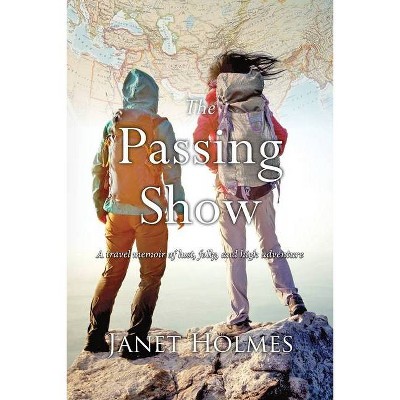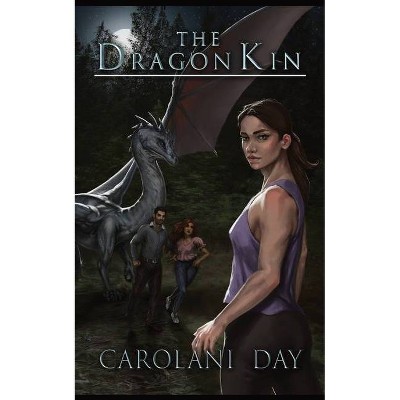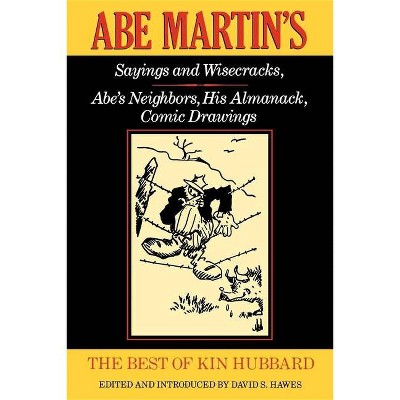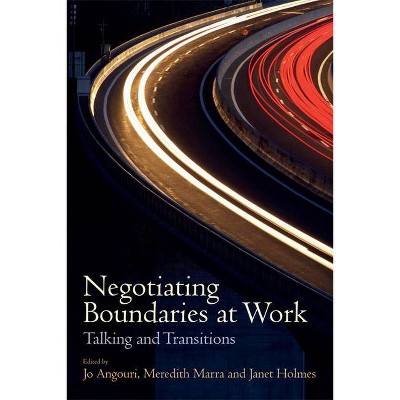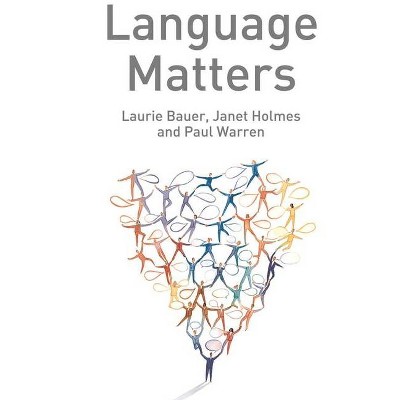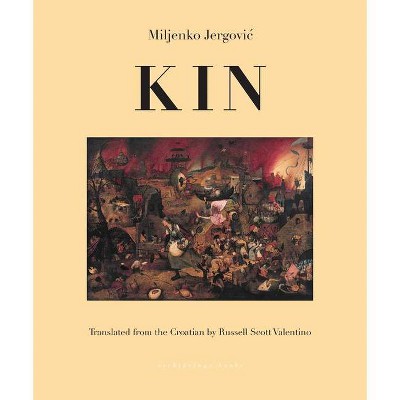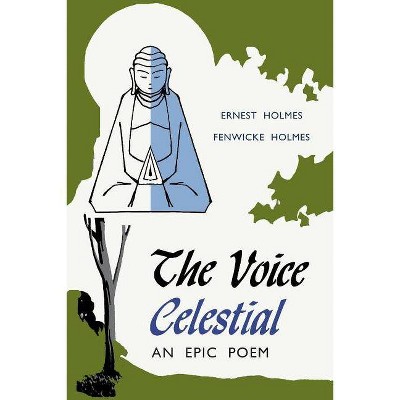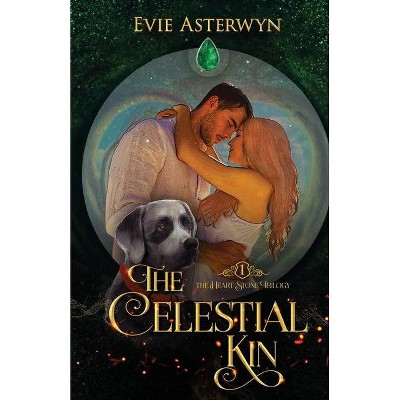The MS of My Kin - by Janet Holmes (Paperback)
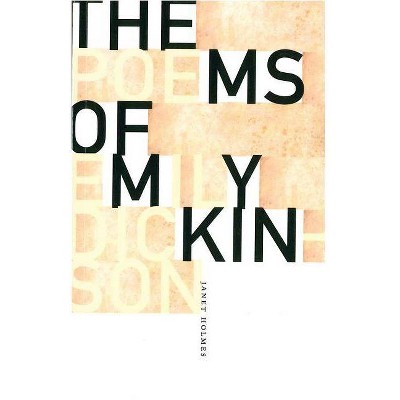
Similar Products
Products of same category from the store
AllProduct info
<p/><br></br><p><b> About the Book </b></p></br></br>Poetry. Explains Janet Holmes: "If you write out 'The Poems of Emily Dickinson' and erase some of the letters very neatly and precisely, you can get to THE MS OF M Y KIN--the manuscript of my kin, as it were; the manuscript of my family. It might also be said to be the manuscript of my kind." "If Ronald Johnson had an epic (<em>Paradise Lost</em>) to erase in creating his masterwork, RADI OS, then Janet Holmes has chosen a more difficult task, namely that of erasing from the most compressed poetry there is. Emily Dickinson's poems come to us so nearly pre-erased that their further erasure by Holmes dramatically frees instances of prophecy, voices from 1861-62 rediscovered in contemporary political discourse. It seems that the best of the embeds in Iraq was Emily Dickinson; read her reports from the (af)front here"--Susan M. Schultz.<p/><br></br><p><b> Book Synopsis </b></p></br></br>If you write out "The Poems of Emily Dickinson" and erase some of the letters very neatly and precisely, you can get to The ms of m y kin - the manuscript of my kin, as it were; the manuscript of my family. It might also be said to be the manuscript of my kind. The practice of erasure was most famously accomplished (and perhaps invented) by the British artist Tom Phillips in his book A Humument (an erasure of a Victorian novel titled A Human Document) and later, by the American poet Ronald Johnson, who erased Milton's Paradise Lost into a book called Radi os. In Phillips's books-he did more than one version of A Humument-the artist created paintings over each page of the novel, reserving only certain words that told a different story than did the original work. (A new character, called "Toge," emerged from the word "together," for example.) Johnson, a poet, simply removed the words he did not wish to use as if whiting them out-the remaining words stood in the same relationship to each other as they did in the original poem. (Janet Holmes)
Price History
Price Archive shows prices from various stores, lets you see history and find the cheapest. There is no actual sale on the website. For all support, inquiry and suggestion messagescommunication@pricearchive.us
